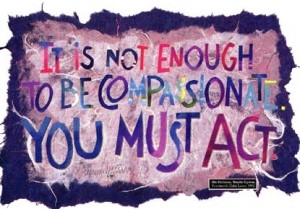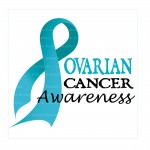All parents and teachers must believe that the work they are doing with their children and students will create the qualities that we value the most. You might ask yourself, “What qualities do I value the most in my own life and how am I teaching my children these values?” In my own experience I believe that we will never change the personality of our children but our mission as parents and teachers is to pass on to our children values, morals and ethics.
At Balanced Life Skills we value compassion, awareness and respect. I believe that if we can become aware of our affect on situations and others, if we are mindful of our affect we can then demonstrate compassion and respect. As we follow through on these, we will be building peace, in ourselves, our community and the world.
Learning to listen, actively listen, is one of the cornerstones to building awareness, compassion and respect. Teaching good listening skills begins with us modeling active listening skills. Here are a few tips in good listening:
- Listen without interrupting a child
- Suspend your own thoughts
- Empathize with what is being said
- Non verbal language by nodding, leaning in to the speaker
- Avoid looking around (or at your phone / computer)
If you’re a teacher with a large class of students you may want to have a sign that indicates that you need their attention, along with the words “Please look at me” or something similar. Teach your students if they are addressing the class, to use the same words and signs to gain the classes attention. This empowers the student speaking and the feelings of respect are being developed.
In the coming weeks look for our curriculum on Listening Skills as a part of the Balanced Life Skills Way for all of our students.




 Ovarian Cancer Awareness
Ovarian Cancer Awareness The idea of giving to others who are in need is not about feeling sorry for them or feeling good about ourselves. When we see that another person has a need, it is just the right thing to do, to find a way to help them fill that need or find a way to fill their own needs. In my mind a need does not have to be just physical needs.
The idea of giving to others who are in need is not about feeling sorry for them or feeling good about ourselves. When we see that another person has a need, it is just the right thing to do, to find a way to help them fill that need or find a way to fill their own needs. In my mind a need does not have to be just physical needs.